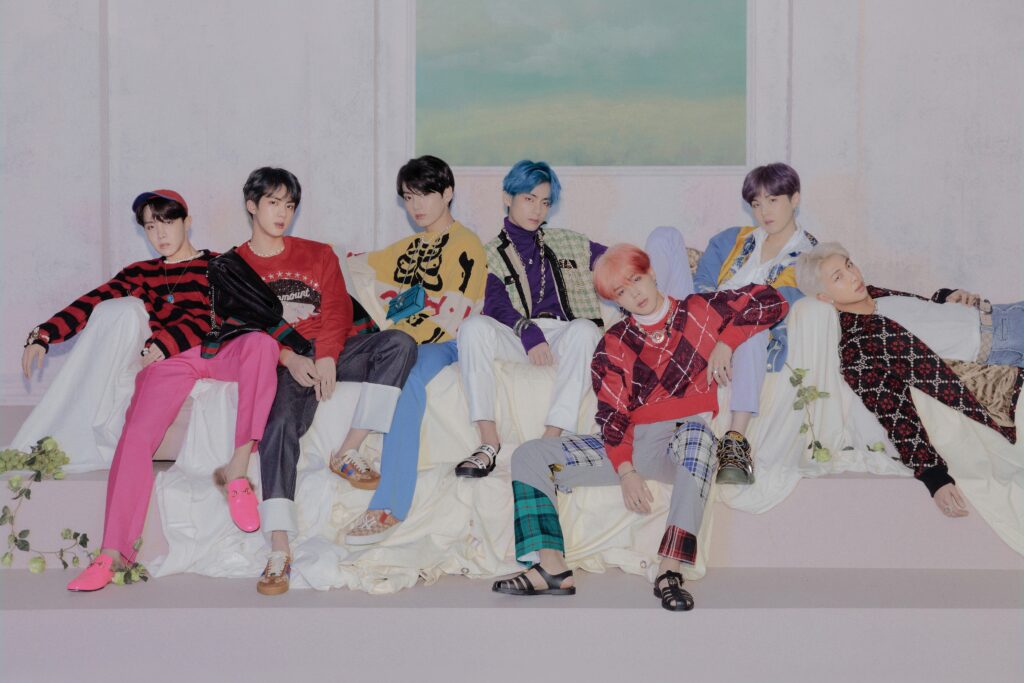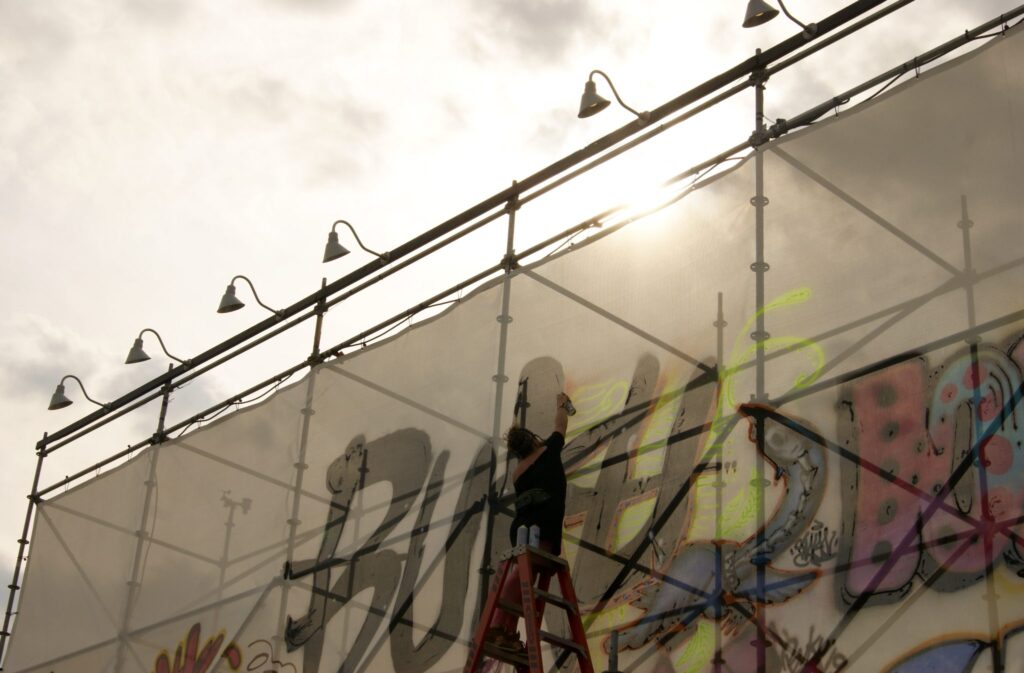Sad Clowns and Opera: Looking Back at Pagliacci
Written by German Romaldo on April 4, 2019
Since April begins with the lightheartedness of April Fool’s Day, it seems fitting to write a piece about music’s most famous fool, or in this case clown, Pagliaccio. Operas have phased out of popular culture as of late with the rise of musicals as the popular medium of combining theatre and music. This decline is, in part, due to the creation of the movie theatre where musicals took the spotlight early in cinema history. Operas, on the other hand, have faced a difficult time transitioning to cinema as well as capturing younger audiences. In an effort to promote the musical arts of opera, let’s take a look back at one of the saddest pieces of music in history.
Pagliacci is an Italian opera composed by Ruggero Leoncavallo in 1892. Since then, the opera has garnered worldwide fame and is practically a household name for many. Pagliacci practically started the sad clown trope, and its prevalence in culture can be observed in many forms of media whether it’s Watchmen‘s Rorschach or The Simpsons Krusty the Clown. One of the most referenced pieces of music from the opera centers around “Vesti la giubba” which is possibly one of the most powerful, emotional opera pieces of all time. Meaning “put on the costume” in Italian, “Vesti la giubba” fittingly symbolizes Canio, the leading role, and his plight of putting on an emotional costume for the crowd as he prepares to perform a comedy. Without giving too much plot, Canio’s sadness is caused by Colombina’s, his lover, betrayal. Of course, operas are merely compositions, and the performer is the only one able to capture the true essence of the composition. Many well-known performers have taken up the role from Enrico Caruso to Luciano Pavarotti, but it’s Mario Lanza’s performance in the film For the First Time that is often pointed to as a shining example of the tenor aria.
While not a traditional performance, Mario Lanza’s rendition hits all the notes tonally and emotionally. It is also important to highlight Luciano Pavarotti’s performance of the piece that is a much more traditional performance and is considered the gold standard for contemporary performers. Opera is a dying medium left only for high society socialites, but it was performances like these that caught my attention and drove me to write this piece. To this day, performances like these are difficult to come by, and as someone who appreciates the masterful synthesis of theatre/cinematic arts with the musical arts, opera should come back into style with new life. There is simply something thrilling about a booming voice echoing in a hall or a sobbing clown singing for his life, and Pagliacci‘s “Vesti la giubba” is a great introduction for those looking to get into the world of opera.





